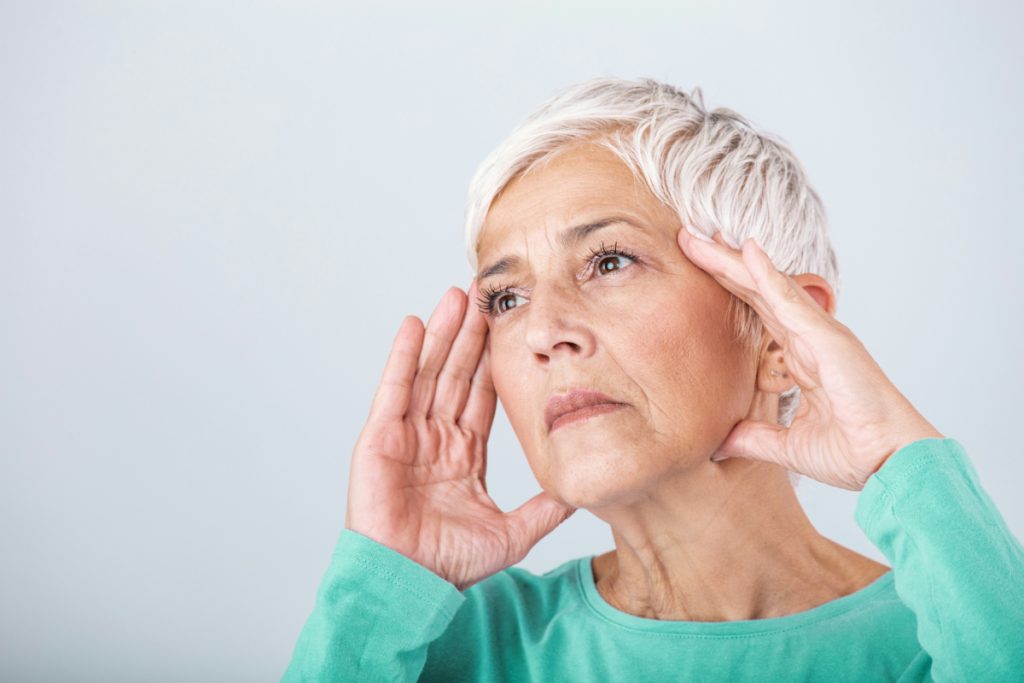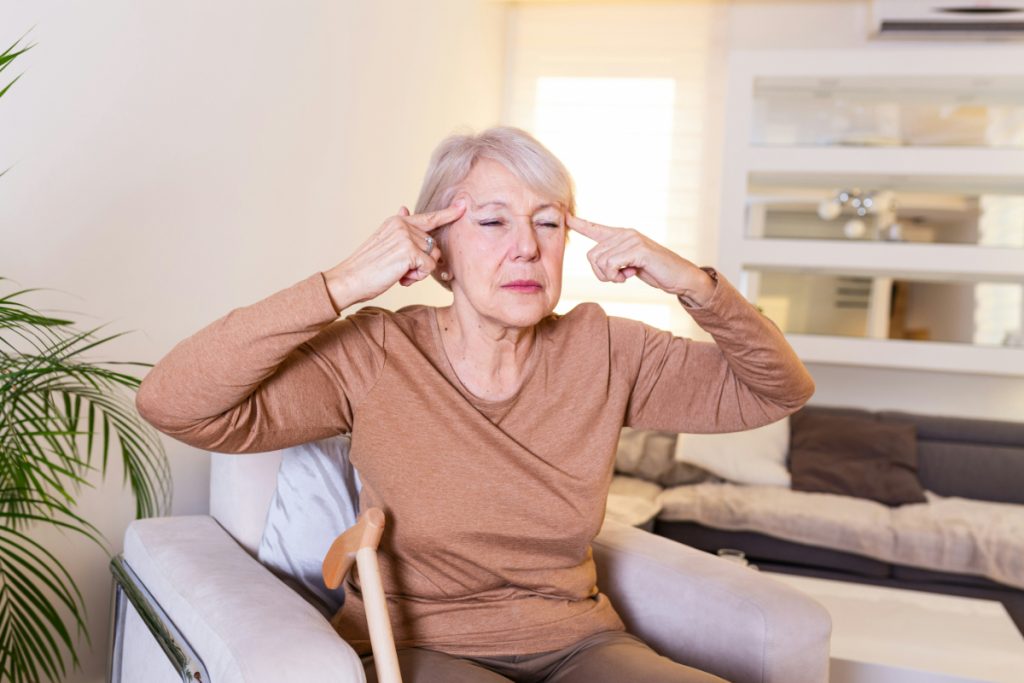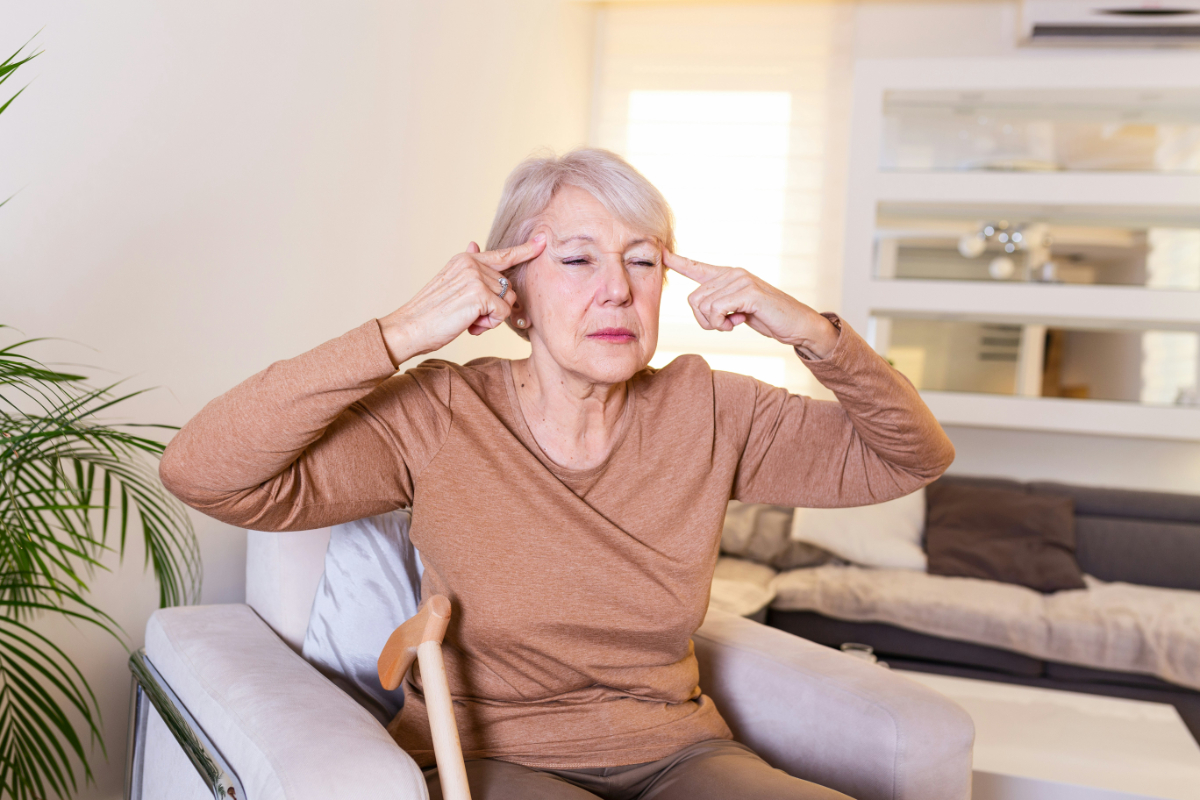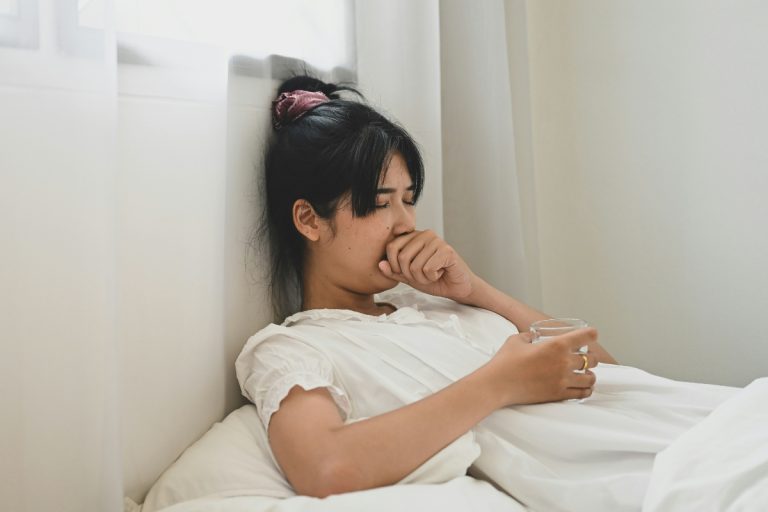Natural Remedies for Dizziness During Menopause: Effective Solutions to Relieve Symptoms
If you’re experiencing dizziness during menopause, you’re not alone. Dizziness is a common symptom of menopause and can be caused by hormonal changes, fatigue, ear infections, anxiety, and more. While it can be frustrating and disruptive to your daily life, there are natural remedies that may help alleviate your symptoms.
One natural remedy for dizziness during menopause is ginger. Ginger has anti-inflammatory and antioxidant properties that can reduce oxidative stress and inflammation in the body. It may also help improve blood flow to the brain, which can reduce dizziness. You can consume ginger in a variety of ways, such as in tea, capsules, or fresh ginger root.
Another natural remedy is ginkgo biloba. Ginkgo biloba is an herb that has been used for centuries in traditional medicine to improve cognitive function and circulation. It may also help reduce dizziness by improving blood flow to the brain. You can find ginkgo biloba in supplement form, but it’s important to talk to your doctor before taking any new supplements.

Understanding Menopause and Dizziness
If you’re experiencing dizziness during menopause, you’re not alone. Dizziness is a common symptom of menopause, affecting up to 50% of women during this time. Understanding the causes of dizziness during menopause can help you find the right natural remedies to alleviate your symptoms.
Hormonal Changes and Vertigo
Hormonal changes are the main cause of dizziness during menopause. As your body adjusts to the decrease in estrogen levels, it can affect your inner ear, which is responsible for maintaining your balance. This can result in a feeling of vertigo, which is the sensation that you or your surroundings are spinning or moving.
Common Triggers of Dizziness During Menopause
In addition to hormonal changes, there are several other common triggers of dizziness during menopause. These include:
- Dehydration: Not drinking enough water can cause dizziness and lightheadedness. Make sure to drink plenty of water throughout the day to stay hydrated.
- Low blood sugar: Fluctuations in blood sugar levels can cause dizziness and lightheadedness. Eating small, frequent meals throughout the day can help stabilize blood sugar levels.
- Stress and anxiety: Menopause can be a stressful time, and stress and anxiety can trigger dizziness. Practicing relaxation techniques such as deep breathing, meditation, or yoga can help reduce stress and alleviate dizziness.
By understanding the causes and triggers of dizziness during menopause, you can take steps to alleviate your symptoms naturally. In the next section, we’ll explore some of the best natural remedies for dizziness during menopause.
Natural Remedies for Menopause-Related Dizziness
If you’re experiencing dizziness during menopause, you’re not alone. Many women experience this symptom, which can be caused by hormonal changes, dehydration, and other factors. Fortunately, there are natural remedies that can help alleviate dizziness and restore balance to your body.
Herbal Supplements
Herbal supplements are a popular natural remedy for menopause-related dizziness. Ginger is one of the most effective herbal remedies for dizziness brought on by nausea. It is a powerful anti-inflammatory agent which has been used in herbal medicine for thousands of years. It also has potent antioxidant effects that help to reduce oxidative stress, which is caused by excess free radicals. You can chew on fresh ginger, drink ginger tea, or take a ginger supplement to help alleviate dizziness.
Ginkgo is another herbal supplement that has been shown to be effective in reducing dizziness and improving circulation. It helps to increase blood flow to the brain, which can alleviate symptoms of dizziness. You can take ginkgo supplements or drink ginkgo tea to help reduce dizziness.
Dietary Adjustments
Dietary adjustments can also help alleviate menopause-related dizziness. An excessively-high concentration of salt in your diet is often a cause of dehydration, which only increases the risk of menopausal dizziness for women prone to the condition. Reducing levels of salt in your body can reverse this effect, as well as naturally lower blood pressure to increase proper flow to the brain. Additionally, it’s important to stay hydrated by drinking plenty of water and avoiding caffeine and alcohol.
Lifestyle Modifications
Lifestyle modifications can also help alleviate menopause-related dizziness. Regular exercise can improve circulation and reduce the risk of dizziness. Deep breathing and relaxation techniques can also help reduce stress and improve balance. Adequate sleep and limiting caffeine and alcohol intake can also help reduce symptoms of dizziness.
Mind-Body Techniques
Mind-body techniques, such as acupuncture, can also be effective in reducing menopause-related dizziness. Acupuncture involves the insertion of fine needles into specific points on the body to stimulate the body’s natural healing processes. It has been shown to be effective in reducing dizziness and other symptoms of menopause.
In summary, there are many natural remedies that can help alleviate menopause-related dizziness. Herbal supplements, dietary adjustments, lifestyle modifications, and mind-body techniques can all be effective in reducing symptoms of dizziness and improving overall health.
When to Seek Medical Advice
While natural remedies can be effective in treating dizziness during menopause, it’s important to know when to seek medical advice. In some cases, dizziness may be a symptom of a more serious condition.

Symptoms to Watch For
If you experience any of the following symptoms along with dizziness, it’s important to seek medical attention:
- Severe headache
- Chest pain
- Shortness of breath
- Fainting
- Difficulty speaking or moving
These symptoms may indicate a more serious condition such as a heart attack or stroke. Don’t hesitate to seek emergency medical attention if you experience any of these symptoms.
Professional Treatments
If natural remedies aren’t effective in treating your dizziness, your doctor may recommend professional treatments such as medication or physical therapy.
Medications such as antihistamines or benzodiazepines may be prescribed to reduce dizziness. Physical therapy may also be recommended to improve balance and reduce the risk of falls.
Remember, it’s important to seek medical advice if you experience dizziness during menopause. Your doctor can help determine the underlying cause of your dizziness and recommend the appropriate treatment.






